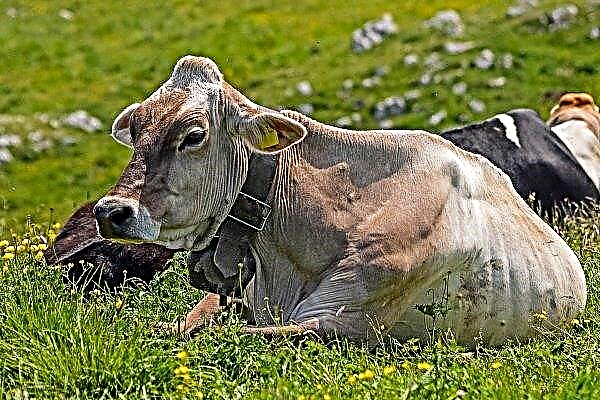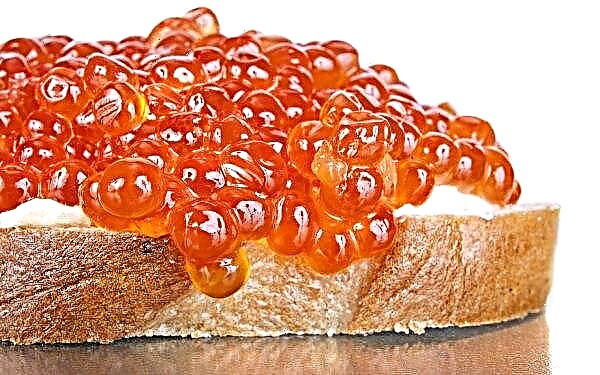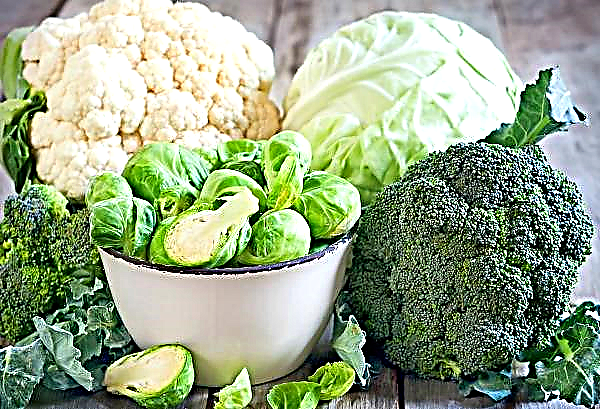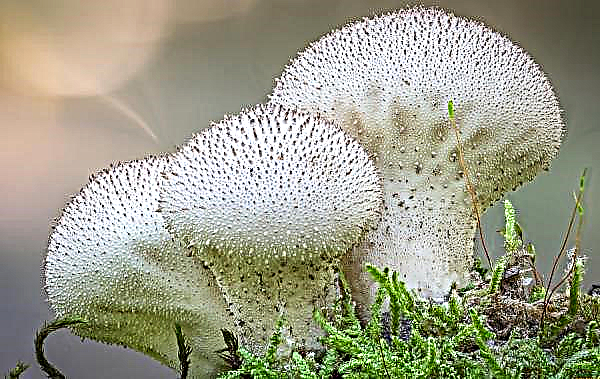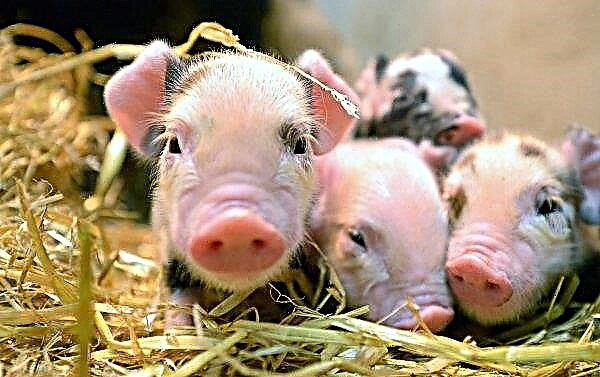Australian scientist Glen King, who has been working at Queensland State University for many years, shared with the scientific community his insights into the study of spider venom and its benefits in various sectors of agriculture.
In particular, King notes that spiders can play a huge role in creating ultra-effective bio-insecticides to preserve the integrity of various agricultural crops.
According to the scientist, the poison of spiders contains a powerful toxin disulfide peptide, which is also known as knottin. This toxin is considered to dominate the whole galaxy of poisonous substances of spider venom.

Knottins are known to be powerful neurotoxins that have the ability to overcome the insect nervous system in record time.
And such an effect can be wrapped up for the benefit of farmers, having “implanted” knottin into the structure of various plants. Thus, you can "program" the culture to repel and attack all kinds of pests.

It is noteworthy that the painstaking work with knottins allowed Glen King to conclude that the toxin “planted” in the plant can be dangerous for certain pests and harmless to “useful” insects, including bees.



